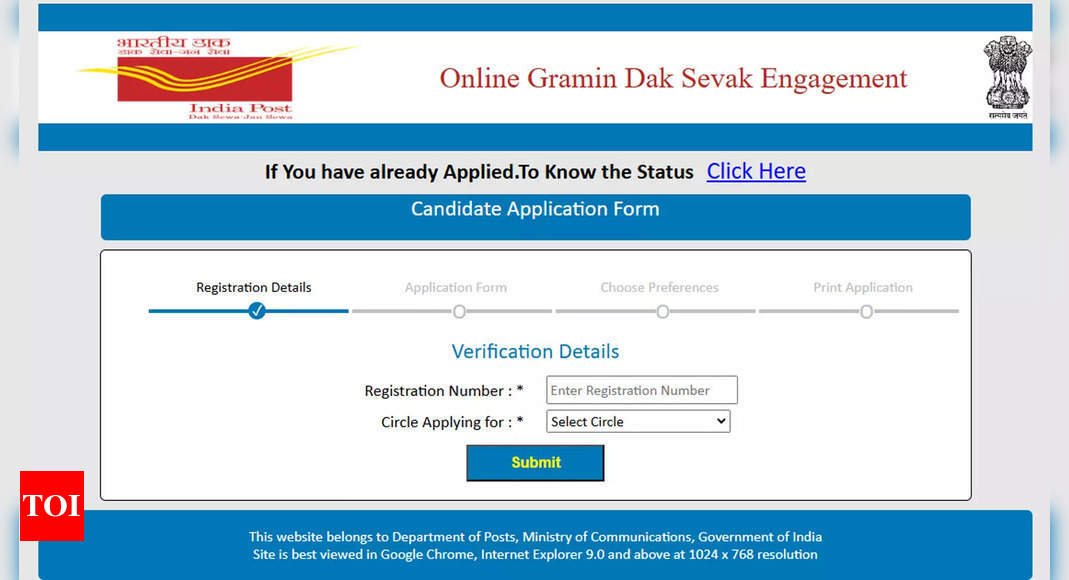For decades, the United States has been a magnet for students worldwide, drawn by its reputation as an academic powerhouse. From the ivy-covered halls of the East Coast to the innovation hubs of Silicon Valley, its universities offer unmatched prestige—and a price tag to match.
For many families, the cost of attending these “dream schools” is staggering, often leaving parents financially stretched. Federal grants and scholarships have long served as a crucial lifeline, softening the financial blow. But that safety net may soon fray.
A recent memo from the Trump administration signaling potential restrictions on federal grants has sent waves of concern through students and parents alike. Compounding the uncertainty, Republicans in Congress are actively exploring ways to rein in federal spending—with higher education in their sights. Among the proposals on the table are: taxing college scholarships, dismantling student loan repayment programs, and dramatically increasing levies on university endowments.
While these measures are still under discussion, their mere existence has rattled education advocates, who warn of far-reaching consequences for students and institutions alike.
Cuts to Student Loan Programs
The US House Committee on Education and the Workforce has put forward a series of proposals aimed at restructuring federal student loan programs—changes that, if enacted, could significantly curtail access to financial aid for college students.
Among the potential cuts are several repayment plans that currently provide relief for borrowers. At risk is the SAVE plan, introduced under the Biden administration, which shields low-income borrowers by eliminating monthly payments for those earning less than 225% of the federal poverty line—$32,800 annually for a single individual—and preventing interest from compounding as long as payments are made. The plan, already on hold following legal challenges from Republicans, could face outright elimination under the new proposals. However, some income-driven repayment plans appear to be spared, including one that caps monthly payments based on borrowers’ earnings.
Another proposed shift in policy would expand options for borrowers seeking to recover from default. Currently, borrowers can only rehabilitate their loans once by making a set number of consecutive payments to restore their standing. The new plan would allow them to go through this process twice—a change the committee argues could save the federal government millions, though details on those projected savings remain unclear.
While the timeline for these proposals remains uncertain, they could be fast-tracked as early as this spring through budget reconciliation, a process that would allow Republicans to push them forward without Democratic support. But with a narrow majority in the House, passing such measures may prove to be an uphill battle.
Ending tax exemptions for scholarships
A proposal to revoke the tax-free status of scholarships and fellowships used for tuition and related expenses has also emerged as part of the budget discussions. If enacted, this measure could place additional financial strain on students and families who rely on scholarships to offset the rising cost of higher education.
Raising taxes on University endowments
Another key measure under consideration involves a substantial increase in taxes on university endowments. Currently, private nonprofit colleges and universities with large endowments pay a 1.4% tax on their investment income under the Tax Cuts and Jobs Act. In 2022, this tax generated approximately $244 million from 58 institutions. The latest proposal seeks to raise the tax rate to 14% while expanding its reach to more institutions.
In addition to these financial measures, lawmakers are discussing penalties for universities found in violation of students’ rights under Title VI of the Civil Rights Act, which prohibits discrimination based on shared ancestry. Title VI has been the basis for ongoing federal investigations into allegations of antisemitism on college campuses, often resulting in settlements that mandate policy changes and additional training.
Will higher education be affordable any more?
As these proposals continue to circulate in Washington, the future of affordable higher education in the U.S. hangs in the balance. If enacted, these measures could reshape the financial landscape for millions of students, making college even more inaccessible for those who rely on federal aid, scholarships, and manageable loan repayment options. Advocates warn that such changes could widen the gap between wealthy and low-income students, turning higher education into a privilege rather than a pathway to opportunity. With the political battle over education funding intensifying, students, families, and institutions now face an uncertain road ahead—one where the cost of learning may come at an even greater price.




